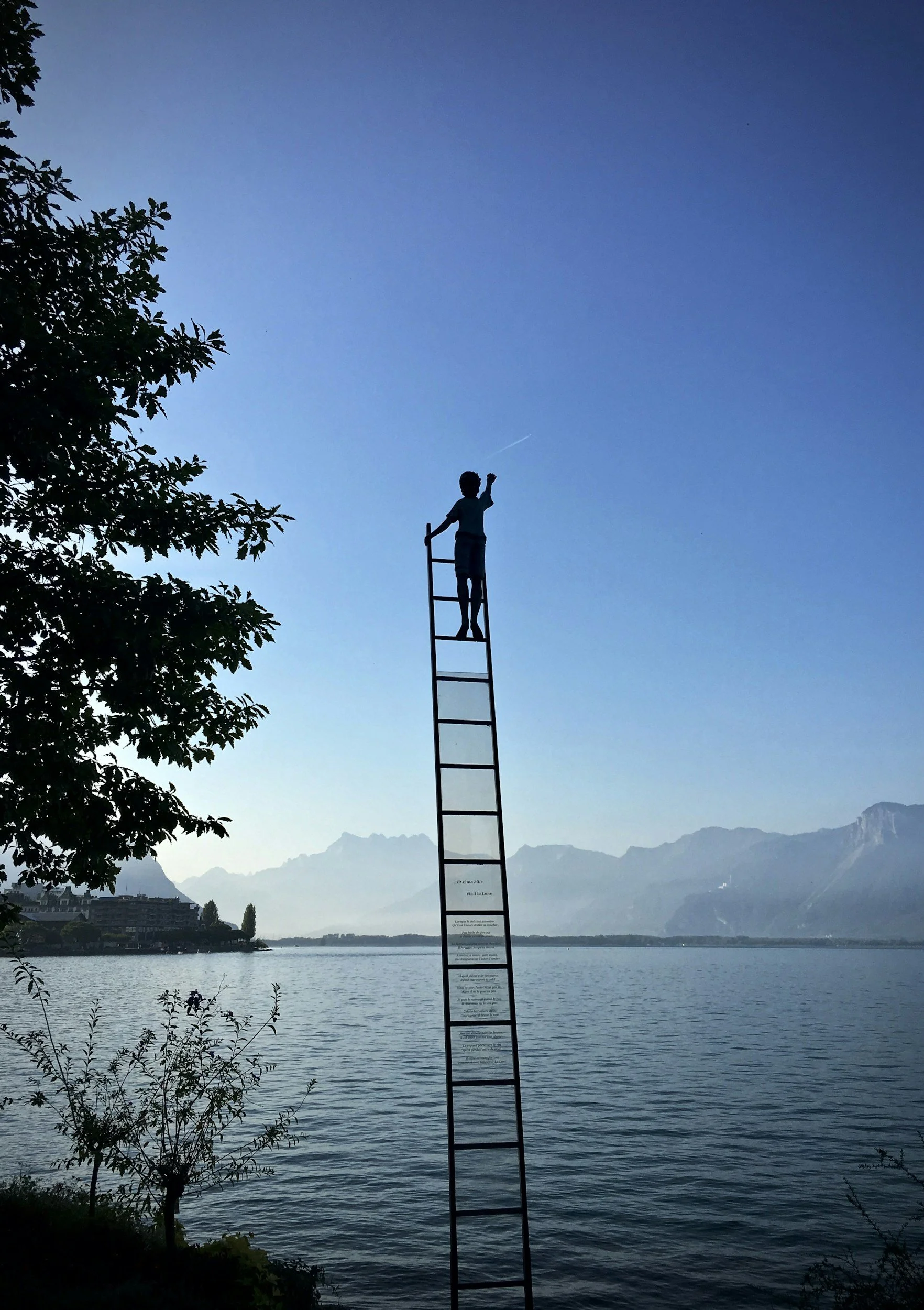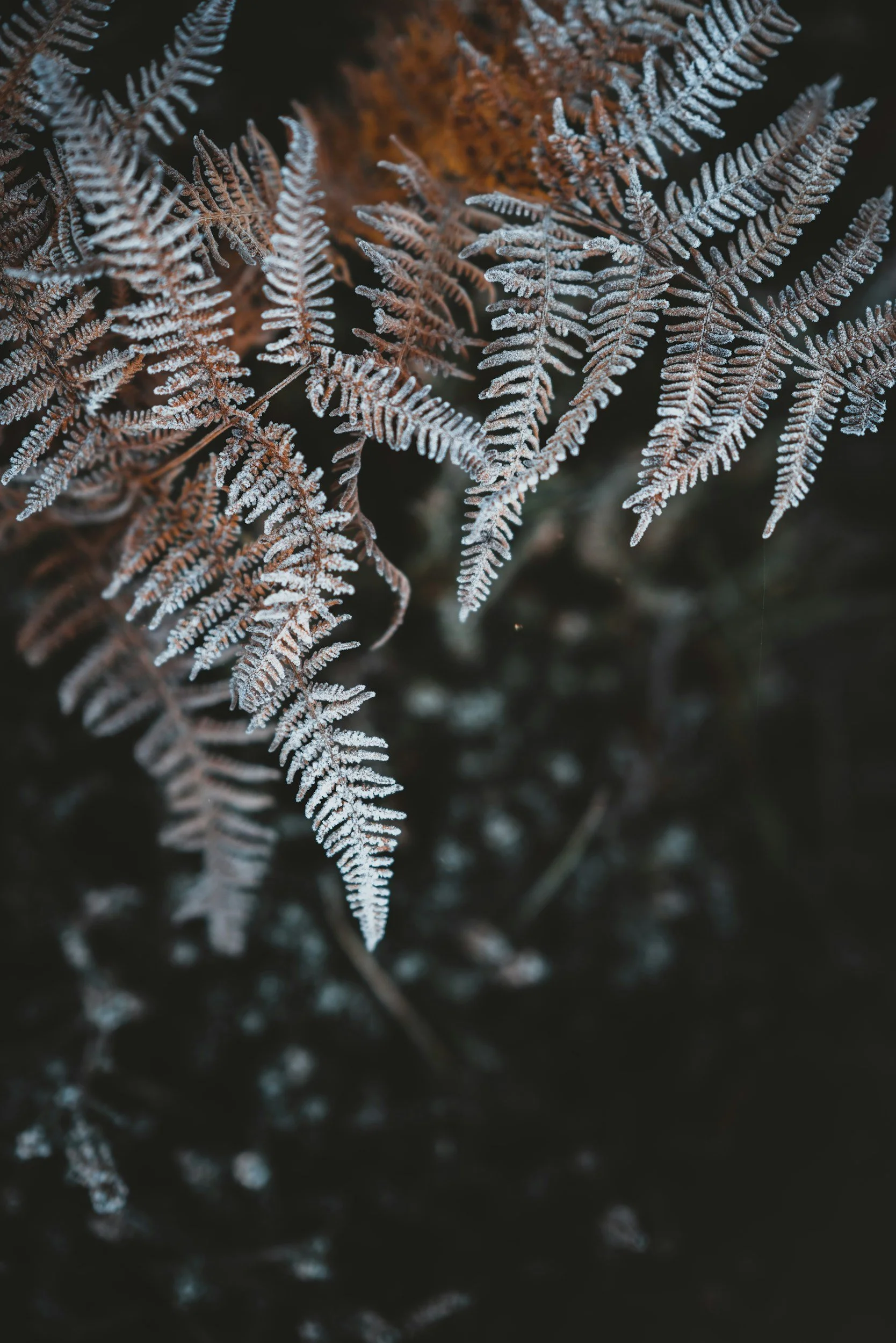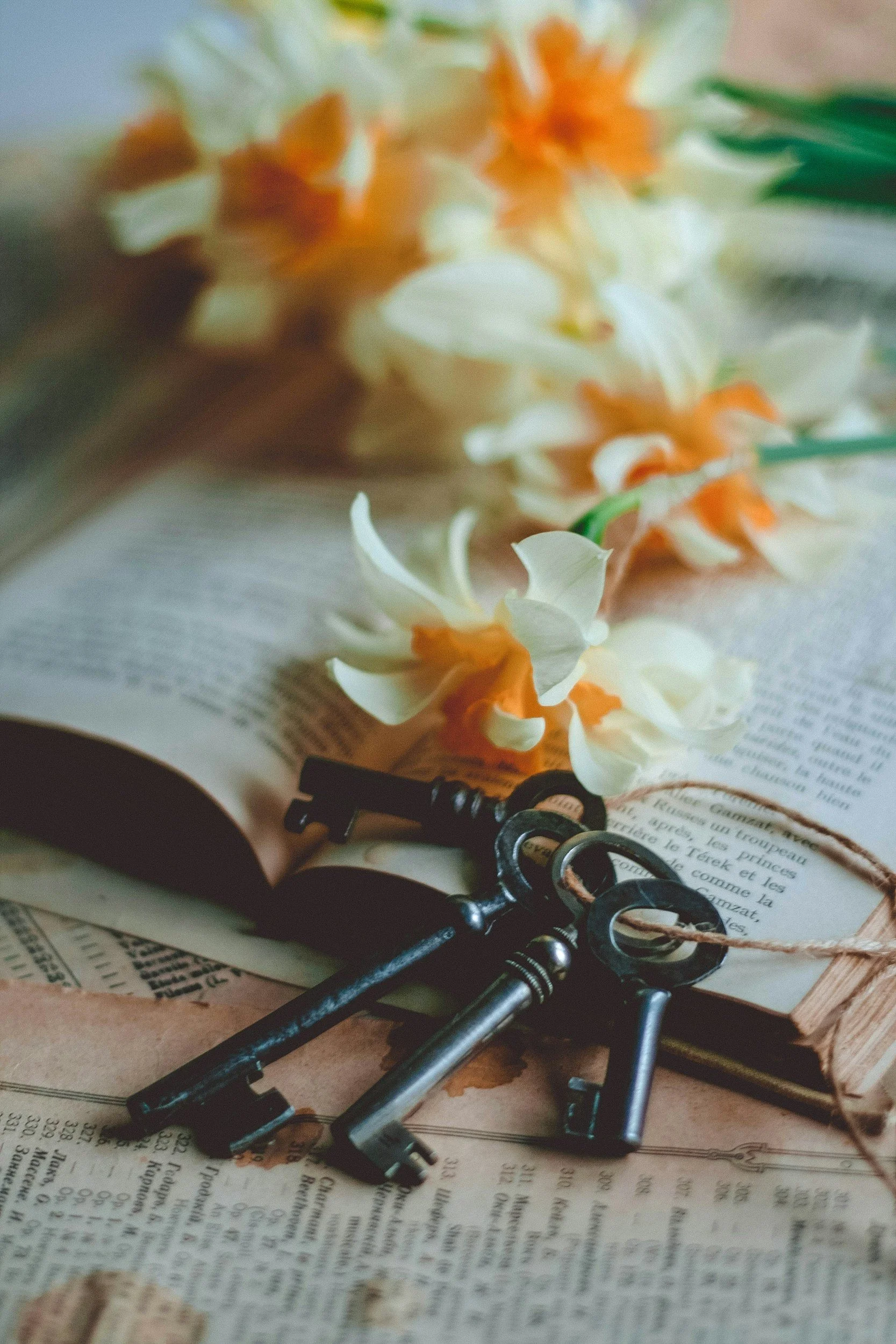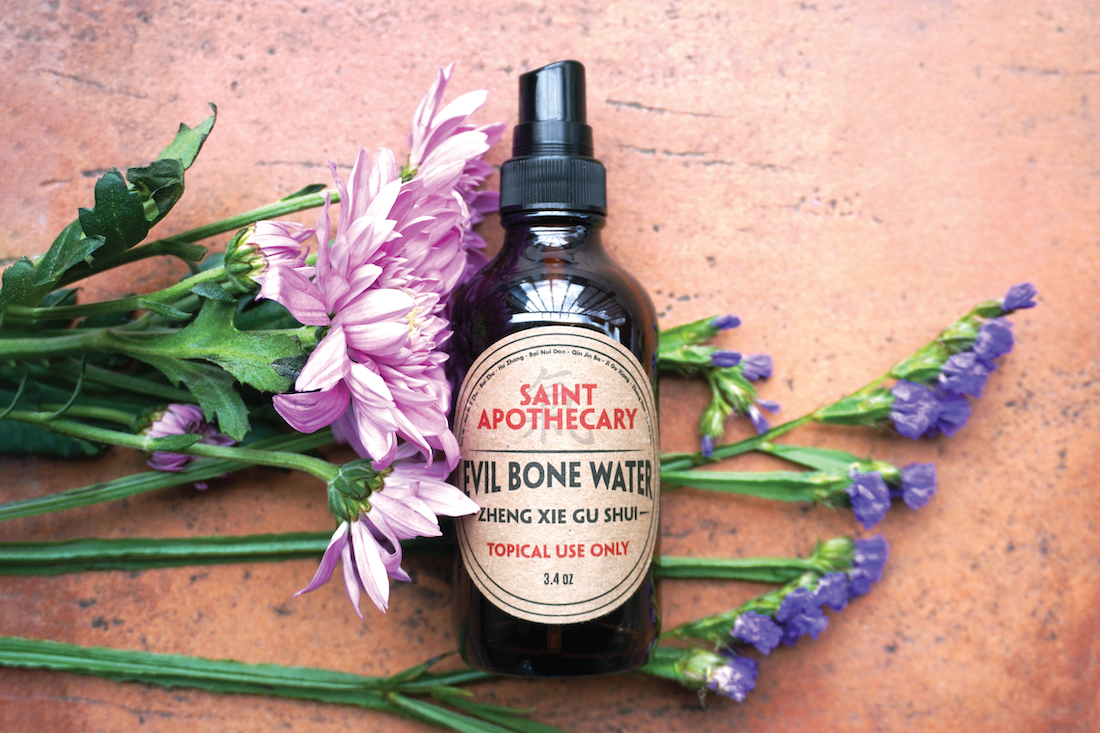
Notes From the Field~
Photo courtesy of the wonderful Katie Bosch
Seasonal Literacy and the Ambitious Life
Ambition is often mistaken for worth and confused with dreaming. Yet ambition is not meant to operate at full volume in ever season of a life. This essay explores ambition through a clinical and elemental lens, asking how it can serve our dreams without overtaking them— and how living seasonally keeps ambition generative rather than pathogenic.
Preparing the Stable for the Year of the Horse
As winter draws the lunar year to a close, we find ourselves in the quiet work of the in-between: shedding what no longer fits while tending the conditions for future movement. Between the medicine of the Snake and the momentum of the Horse, this season invites patience, nourishment, and a slower kind of preparation.
A Balanced Chill: Living Well in Winter
Winter is not a time to push through. It is a season of storage, governed by the Water element and the Kidneys- where rest, warmth, and restraint become intelligent forms of care. When we listen closely, winter reveals what has been spent and what still needs protection.
Within the Field of Our Own Light
We never witness the world unfiltered. Each of us stands inside a single field of experience, shaped by memory, biology, temperament, and the stories that have formed us. Our view is true, but never total. In clinic and in life, I watch how meaning shifts when the angle of perception shifts—how a symptom becomes a message, how a long-held belief softens when compassion enters the room. What we call understanding is not a fixed possession but a living relationship.
Tempering With Metal
In Chinese Medicine, the Metal element teaches us the art of refinement. Through the Lungs and Large Intestine, we learn to receive and to release—to draw in what is pure and to return what is finished. It is the quiet alchemy of endings, the moment breath meets boundary.
The Season Between: When Timing Won’t Be Told
There are seasons when life moves ahead of our readiness—when something arrives before we’ve found the strength to meet it, or lingers long after we’ve asked it to leave. This essay looks at the space between control and surrender—the season between what we plan and what unfolds.
The Qi to the Kingdom
Qi is another way of naming the quiet choreography that keeps you alive - cells humming with energy, blood flowing, nerves sparking. Acupuncture is a gentle nudge, a reminder that your body can find its rhythm again.
Where the Root and Rock Reside: an Ode to Summer Camp
Around a fire in Palm Springs, ten of us sang songs we’d learned under the Blue Ridge stars decades ago. We laughed, cried, and remembered—and I left feeling both younger and older, carrying something wordless but steady back into my life.
Making Room for the Itch: Periorbital Dermatitis
There are times when the body starts speaking in a new language. Mine chose the thin skin of my eyelids, writing its small rebellions where I could not ignore them. What does it mean when the message vanishes for months, only to return when old footsteps still overlap?
Beginning with Acupuncture: Listening to the Body’s Wisdom
The first acupuncture treatment often begins with questions— Will it hurt? What will I feel? Do I have to believe in it for it to work? Yet what unfolds is rarely what we imagine. Some patients describe a lightness, a floating ease; others release tears, or leave feeling as if they’ve traveled to another world. Acupuncture does not impose something new — it helps us listen, and trust what has been within the body all along.
An Exploration of the Unarmored Heart
Tenderness is so often mistaken for fragility, but what if its strength lies in staying open where hardness would be easier? This essay is an exploration of what it means to live — and perhaps even to die — with the heart unarmored, touchable to the end.
The Seasons in Chinese Medicine — Moving with the Great Turning
In Chinese medicine, the turning of the seasons is mirrored inside us—a rhythm that shapes our bodies, moods, and ways of moving through the world. When we notice it, we begin to see that each shift in weather carries its own lesson.
Letting the River Decide: Staying With Uncertainty
Uncertainty has been moving through my life lately, and in the lives of many around me. In Chinese medicine, we look to nature for guidance—and nature never stays still. I’m learning to see the not-knowing not as a threat to brace against, but as a current that can carry us somewhere new. Sometimes it takes the breaking of a dam for us to realize we are free to drift, unbound.
In Praise of the Zigzag Path
In the height of summer, when everything is swollen with heat and urgency, the Gallbladder emerges as a guide—not just for digestion, but for decision. This essay traces the winding path of the Gallbladder channel as a map for courage, discernment, and emotional evolution. What if clarity isn’t a straight line, but a zigzag through fear, friction, and deep listening?
An Offering of Tenderness
A moment of clarity,
after the hush.
This one’s about staying soft
when you don’t have to.
Evil Bone Water: Summer’s Secret Weapon
Fierce, potent, and wildly effective—
meet the potion I reach for again and again.
Hot Takes & Cool Truths
It’s not just hot flashes and hormone charts.
Menopause is a major transition—and it deserves more than silence or scare tactics.
On Making and Mending
What began as two practices—drawing and acupuncture—has become one way of seeing, listening, and tending.
This is Line and Needle, and this is where it begins.


















